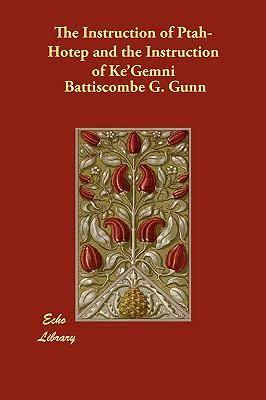What do you think?
Rate this book


76 pages, Kindle Edition
First published January 1, 2601
“Don't be haughty because of your knowledge,
But take counsel / with the unknown man as well as with the learned,
For no one has ever attained perfection of competence,
And there is no craftsman who has acquired (full) mastery.
Good advice is rarer than emeralds,
But yet it may be found even among women at the grindstones.”
“If you are a ruler responsible for the concerns of the population,
Search for every opportunity to do good,
So that there may be no shortcoming in your actions.
Great is Ma'at, and its foundation is firmly established;
It has not been shaken since the time of Osiris,
And he who violates the laws must be punished.”
“Don't fornicate with an effeminate boy.
Be well assured that / such debasement will only arouse his lust,
And (the desire) which is in his body will not be cooled.
Let darkness never come for the performance of such lewdness,
So that he may be quiet after he has satisfied his desire.”
“If you are influential, you should establish respect for yourself
Through knowledge and through courtesy in speech.
Do not be domination / except in official matters,
For the aggressive man meets with trouble.
Don't be arrogant, lest you be brought low;
Do not be silent, but yet be cautious of causing offense
When you answer a speech angrily.”